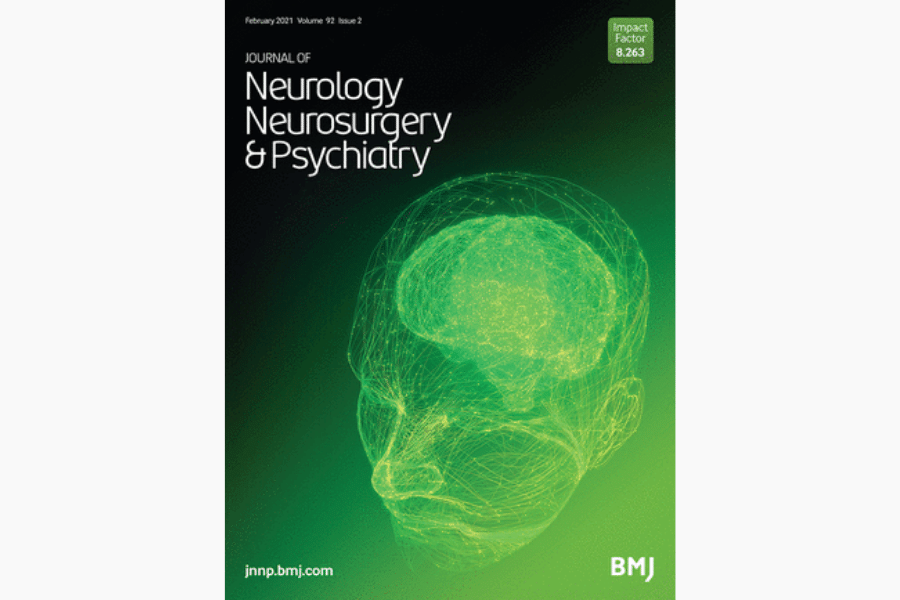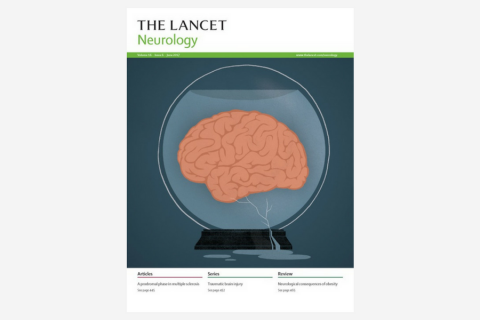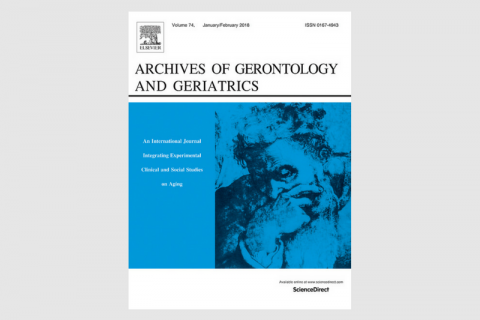
Journal of Neurology, Neurosurgery & Psychiatry
Fecha de publicación: 15 de enero de 2021
DOI: http://dx.doi.org/10.1136/jnnp-2020-323520
Autores: Imogen Joanna Swift, Aitana Sogorb-Esteve, Carolin Heller, Matthis Synofzik, Markus Otto, Caroline Graff, Daniela Galimberti, Emily Todd, Amanda J Heslegrave, Emma Louise van der Ende, John Cornelis Van Swieten, Henrik Zetterberg, Jonathan Daniel Rohrer
Abstract: The frontotemporal dementia (FTD) spectrum of neurodegenerative disorders includes a heterogeneous group of conditions. However, following on from a series of important molecular studies in the early 2000s, major advances have now been made in the understanding of the pathological and genetic underpinnings of the disease. In turn, alongside the development of novel methodologies for measuring proteins and other molecules in biological fluids, the last 10 years have seen a huge increase in biomarker studies within FTD. This recent past has focused on attempting to develop markers that will help differentiate FTD from other dementias (particularly Alzheimer’s disease (AD)), as well as from non-neurodegenerative conditions such as primary psychiatric disorders. While cerebrospinal fluid, and more recently blood, markers of AD have been successfully developed, specific markers identifying primary tauopathies or TDP-43 proteinopathies are still lacking





